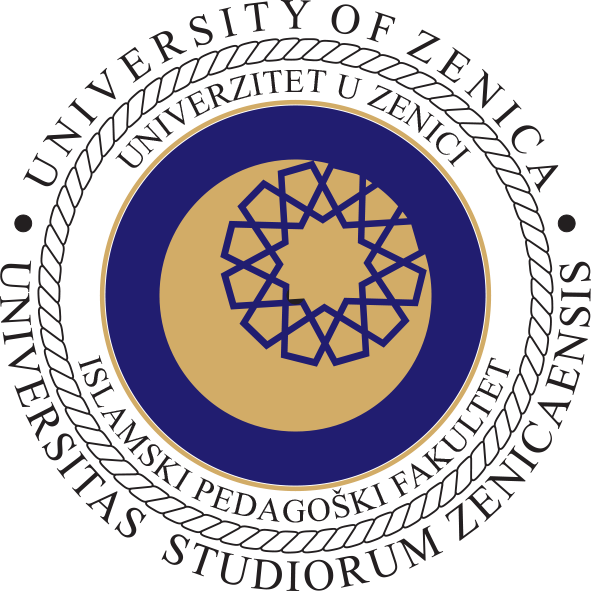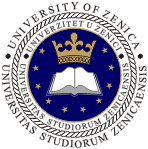U ovom preglednom radu istražuju se rani kulturni i književni temelji islamofobije u evropskoj tradiciji, s posebnim fokusom na Danteovo remek-djelo Božanstvena komedija. Analiziran je prikaz Poslanika Muhammeda, a.s., i Alije, r.a., u osmom krugu pakla, pri čemu se razmatraju istorijski, teološki i književni konteksti koji su oblikovali ovaj negativni narativ. Posebna pažnja posvećena je utjecaju srednjovjekovne kršćanske misli, osobito djelima Ivana Damašćanskog, kao i mogućoj povezanosti Danteovog djela s islamskom eshatološkom literaturom, prije svega s Kitāb al-Miʿrāğ. Rad razmatra složen odnos između stvarnog znanja o islamu i kulturnih stereotipa koji su se oblikovali u evropskoj imaginaciji toga doba. Cilj rada je ukazati na načine kako je islam prikazivan u kanonskoj evropskoj književnosti te analizirati dubinske uzroke i posljedice tih prikaza u širem okviru kulturne historije Evrope.












